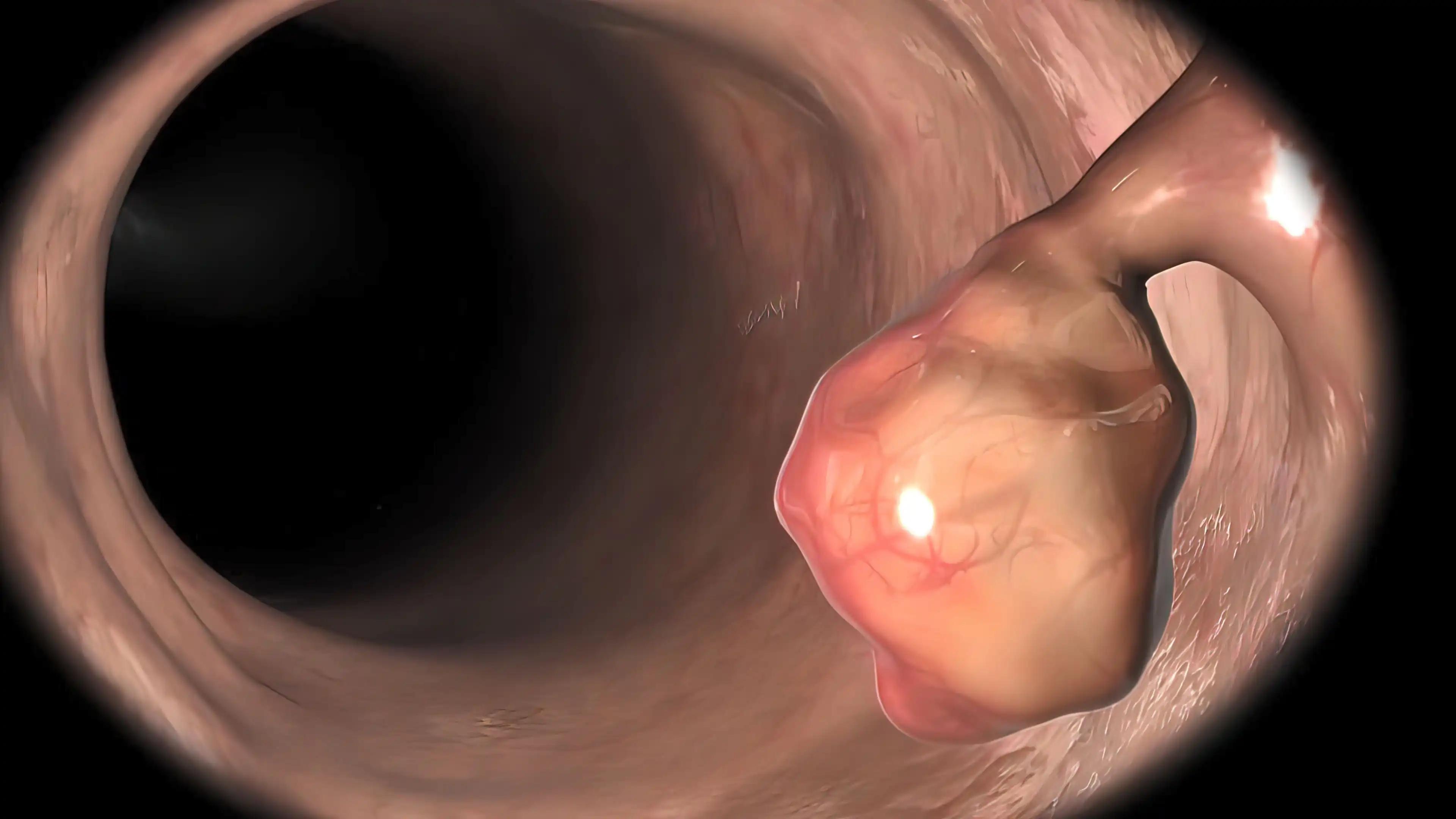KEY TAKEAWAYS
- The study aimed to determine the prevalence of H. pylori infection in patients with esophageal carcinoma through a retrospective analysis.
- Researchers noticed that H. pylori may have a protective effect against esophageal carcinoma, indicated by its low prevalence.
Studies shows Helicobacter pylori (H. pylori) is widely associated with gastric adenocarcinoma (AC). However, an inverse relationship between H. pylori infection and esophageal carcinoma has been reported, with the underlying protective mechanisms remaining contentious.
Miriam López-Gómez and the team aimed to assess the prevalence of H. pylori infection in patients with esophageal carcinoma, a retrospective observational study on esophageal tumors diagnosed at their hospital.
Researchers retrospectively reviewed previous cases to check the prevalence of H. pylori infection in patients diagnosed with esophageal carcinoma. They also noted if patients had used proton pump inhibitors (PPIs) before or during their diagnosis.
The results showed that the study included 89 patients with esophageal carcinoma, mostly male (77.5%, n=69), with an average age of 66 years (IQR: 26-93). Among all the patients, AC was the most common type (52.8%, n=47), followed by squamous cell carcinoma (SCC) (41.6%, n=37). Only 14 ACs (29.8%) originated at the gastroesophageal junction, while 33 (70.2%) were in the esophageal body.
Most patients (60.7%, n=54) were in stage III or IV. Previous H. pylori infection was found in only 4 patients (4.5%), 3 with AC (6.3% of all ACs), and 1 with SCC (2.7% of all squamous cell tumors). All patients with previous H. pylori infection were in advanced stages, and 96.6% (n=86) had used PPIs. Only 1 patient had received H. pylori eradication therapy.
The study concluded that the low prevalence of prior H. pylori infection in patients with esophageal carcinoma, combined with widespread PPI usage, suggests a potential protective effect of H. pylori against esophageal carcinoma.
No information regarding funding was provided.
Source: https://pubmed.ncbi.nlm.nih.gov/39156503/
López-Gómez M, Morales M, Fuerte R, et al. (2024). “Prevalence of Helicobacter pylori infection among patients with esophageal carcinoma.” World J Gastroenterol. 2024 Aug 7;30(29):3479-3487. doi: 10.3748/wjg.v30.i29.3479. PMID: 39156503; PMCID: PMC11326089.



